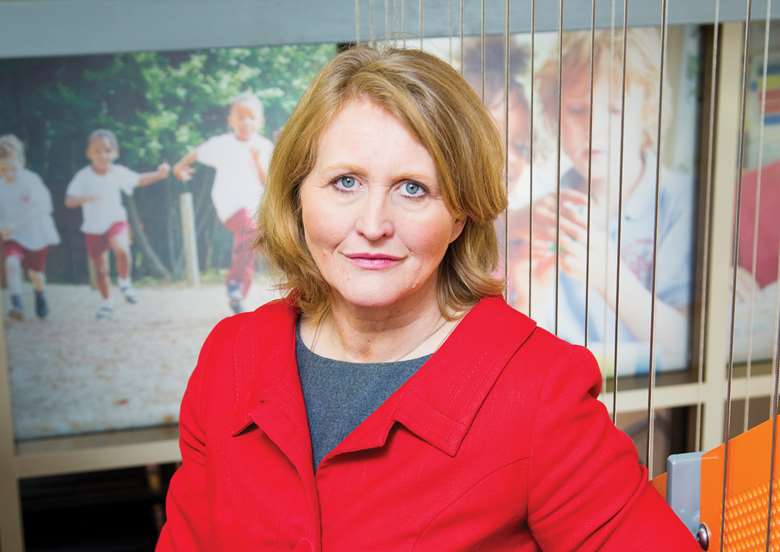Children in care 'pinballed' around system, warns children's commissioner
Joe Lepper
Tuesday, April 18, 2017
Nearly three-quarters of children in care have experienced a change in school, home or social worker over a 12-month period, data collated by the Office of the Children's Commissioner for England has shown.

Commissioner Anne Longfield's newly created Stability Index found that 50,011 looked-after children (71 per cent of the total children in care population) experienced a change in school, home or social worker between 2015 and 2016.
The report found that 25 per cent of children in care (17,609 children) had experienced two or more changes in their social worker and 10 per cent (7,043 children) had changed care placement more than twice.
In addition, 10 per cent of children in care moved school in the middle of the academic year, which is significantly higher than the proportion for all pupils, which is just three per cent, the research found.
A total of 2,000 children saw a change in all three areas: placement, school and social worker.
Longfield says children need stability as they grow up and a lack of continuity of care and education is strongly linked with lower attainment, behavioural and emotional difficulties and hinders their chances to establish relationships.
She said: "Children in the care system crave stability, just like any other child. Especially for these kids, having reliable, consistent adults in their lives is critical to helping them flourish and overcome problems they may have experienced in the past.
"Sometimes changes are unavoidable and occur for the right reasons. But when 'pinball kids' are pinged around the system, it can damage them and their future prospects.
"Many of these children enter care with complex issues and are highly vulnerable. We must find a better, more consistent way of meeting their needs."
For the research, children in care were interviewed about their personal experiences of disruption in their care and education.
One teenage girl told researchers: "I'm not willing to build up relationships again when they're going to leave again in a few months."
Another said that she was told by text message in the middle of her GCSEs that she would be changing schools.
The Stability Index has been created to help councils and schools reduce unnecessary changes.
This is particularly the case with school changes with the index finding that in more than half of cases children in care moved during the academic year without a change of placement.
The commissioner's office is working with a small number of councils to gather further evidence of the reasons for disruption and next year it plans to refine its research to look at levels of instability among different types of children in care.




